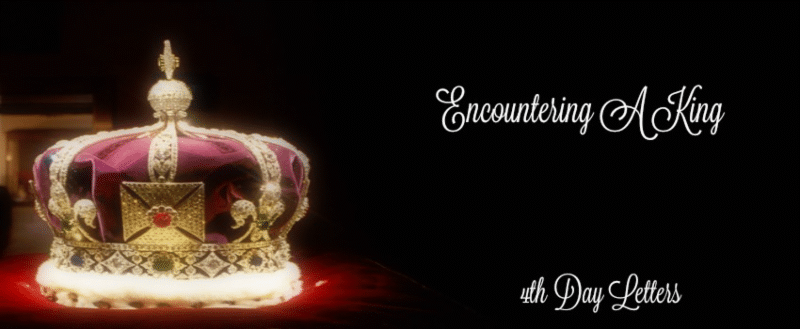
Encountering A King
Have you ever personally met or encountered a king? If you did meet a king, what would you do?In the past, kings have played very important roles. There were kings like King James I of England who united England and Scotland and King Suleiman I, who reigned as Sultan of the Ottoman Empire for 69 years.
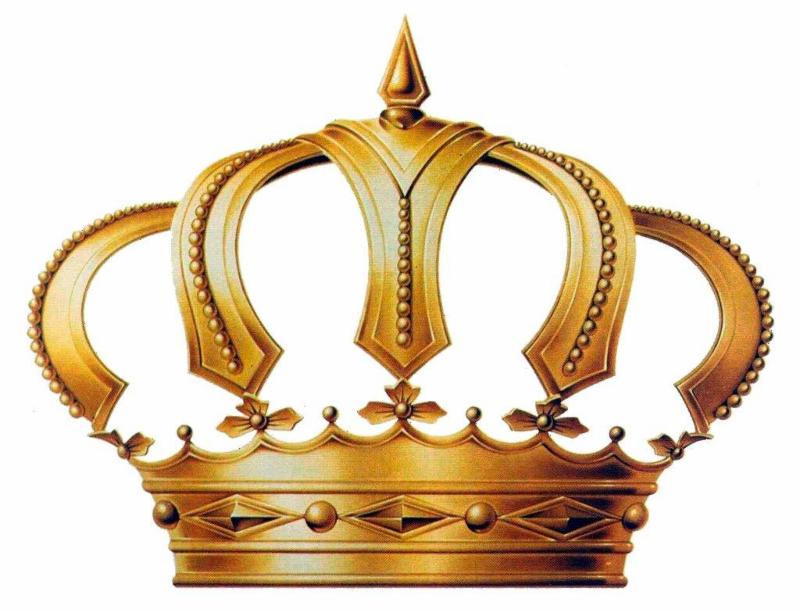
Today however, kings have mostly symbolic roles. Some of these kings include: Jordan’s King Abdullah II, Norway’s King Harald V, and Belgium’s King Philippe. Of course it seems like the entire world is waiting for the day Prince William will ascend to the thrown and become King of England.The Bible tells us that judges first ruled Israel, but the people demanded a king. They had kings who lost favor with God like Saul and they also had kings like David who we are told was “a man after God’s heart.” Eventually from David’s lineage came Jesus. Jesus’s birth was not the beginning of Jesus’ kingship. We know that from the beginning of time there was one King who always was and will be forever.What does the Bible tell us about Jesus’ Kingship? Unlike earthly kings whose kingdoms come and go, Jesus is king forever.
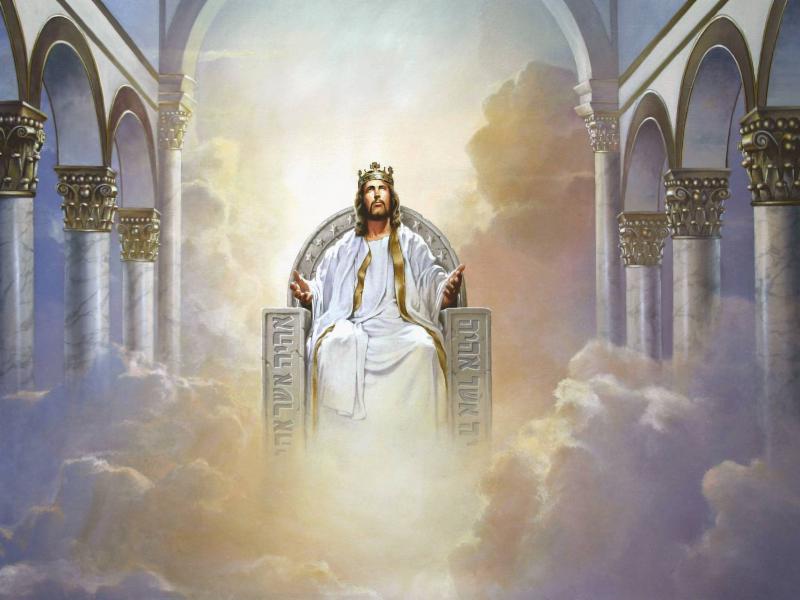
Look at these passages.John 1:1-2 tells us: “In the beginning was the Word, and the Word was with God, and the Word was God. He was in the beginning with God“.Hebrews 13:8 tells us: “Jesus Christ is the same yesterday, today, and forever.“In John 1:6-9 we read: “A man named John was sent from God. He came for testimony, to testify to the light, so that all might believe through him. He was not the light, but came to testify to the light. The true light, which enlightens everyone, was coming into the world.”Then in John 18:33-37 we read specifically about Jesus as king: “So Pilate went back into the praetorium and summoned Jesus and said to him, “Are you the King of the Jews?” Jesus answered, “Do you say this on your own or have others told you about me?” Pilate answered, “I am not a Jew, am I? Your own nation and the chief priests handed you over to me. What have you done?” Jesus answered, “My kingdom does not belong to this world. If my kingdom did belong to this world, my attendants [would] be fighting to keep me from being handed over to the Jews. But as it is, my kingdom is not here.” So Pilate said to him, “Then you are a king?” Jesus answered, “You say I am a king. For this I was born and for this I came into the world, to testify to the truth. Everyone who belongs to the truth listens to my voice.”
Jesus asked Pilot a very important question. Jesus wanted to know if Pilot was questioning Jesus’ kingship because he had experienced it or only because he had heard about his kingship from the Jews.Now that we know we have in fact met a King in Jesus, this takes me back to my original question, what will we do?
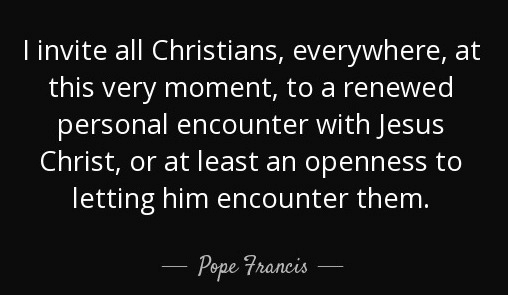
So today I ask you the same question. Do you truly know Jesus and his kingship because you have had a personal encounter with Him or is your knowledge of Jesus only from what you have read and others have told you? Because I believe that in John’s Gospel he is telling us that we need to encounter Jesus to really and truly know Him.This past Sunday, Father Bassant at my parish shared a story that does a great job of causing us to evaluate our personal encounter with Jesus as our king. The story was written by Soren Kierkegaard who was a philosopher and theologian that lived in Denmark about 150 years ago. In one of his books there’s a story about a king who fell in love with a peasant girl.
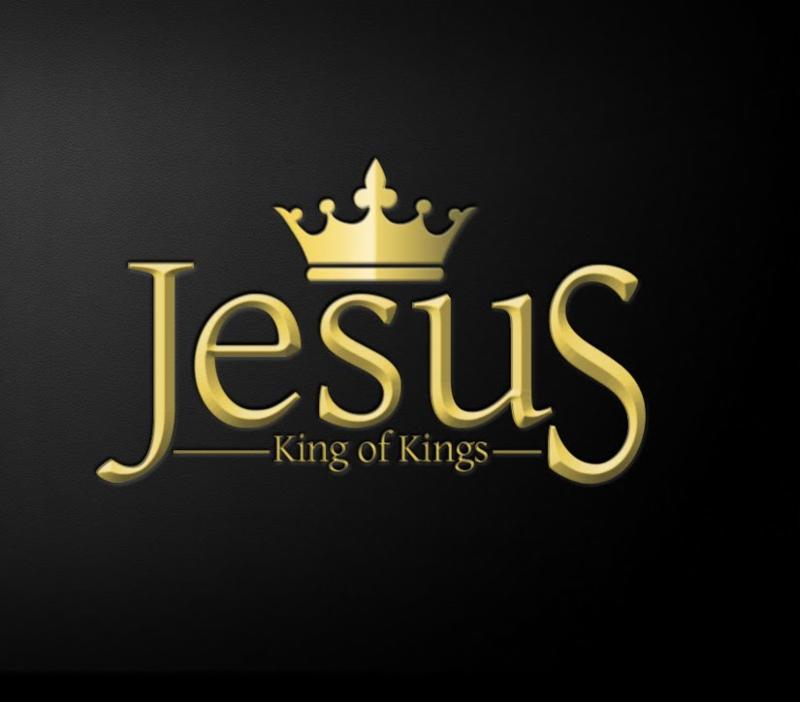 Here is the essence of thestory: In the story the king knew that it was impossible for him to marry the girl. Kings never married peasants. They always married royalty. But this king was so powerful that he could marry the girl and get away with it. But another thought occurred to him. If he married the peasant girl and stayed king, there would always be something missing in their relationship. Because he was the king he believed that she might admire and respect him but never really love him. The gap between them would be too great. She would always be conscious of the fact that he was royalty and she was a lowly peasant. So the king came up with a plan. He decided that he would resign his kingship and become a lowly peasant himself. Then he would offer his love to her as one lowly peasant to another. Although this is a nice idea the king eventually realized that regardless of how noble this might be, it could backfire. He could lose not only his throne, but the girl as well. She might reject him; especially if she thought him foolish for doing such a reckless thing like giving up his throne and all the benefits that go along with being king. So what should he do? The king finally decided that he loved the peasant girl so much that he would risk everything to make true love between them possible.So did this idea turn out well for theking? Kierkegaard never told how the story ended. He never told whether the girl accepted the king’s love or rejected it. He never told whether they got married and lived happily ever after.
Here is the essence of thestory: In the story the king knew that it was impossible for him to marry the girl. Kings never married peasants. They always married royalty. But this king was so powerful that he could marry the girl and get away with it. But another thought occurred to him. If he married the peasant girl and stayed king, there would always be something missing in their relationship. Because he was the king he believed that she might admire and respect him but never really love him. The gap between them would be too great. She would always be conscious of the fact that he was royalty and she was a lowly peasant. So the king came up with a plan. He decided that he would resign his kingship and become a lowly peasant himself. Then he would offer his love to her as one lowly peasant to another. Although this is a nice idea the king eventually realized that regardless of how noble this might be, it could backfire. He could lose not only his throne, but the girl as well. She might reject him; especially if she thought him foolish for doing such a reckless thing like giving up his throne and all the benefits that go along with being king. So what should he do? The king finally decided that he loved the peasant girl so much that he would risk everything to make true love between them possible.So did this idea turn out well for theking? Kierkegaard never told how the story ended. He never told whether the girl accepted the king’s love or rejected it. He never told whether they got married and lived happily ever after.
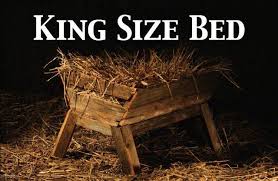
It is suspected that Kierkegaard had a reason for not telling us how the story ended. It is assumed that one reason might be because that’s not the point of the story. The point of the story is the king’s love for the lowly peasant. It is also suspected that another reason why Kierkegaard never told how the story ended is because it really has not ended-it’s still going on.Jesus is our King and just like in the story each of us is in the process of writing our own personal ending to our story with our King. We each must determine whether we’ll welcome God’s love or reject it. Will we live happily ever after with God, or walk away from the relationship, thereby rejecting the love He is offering us?You see God is the king in the story and each of us are the peasant girl. Jesus came down from His Heavenly kingdom to become a peasant like us. He loved us that much.

I began by asking you the question if you had ever met a king. Now we know that answer is yes. Our king has come to us in our lowly and undeserving state. Now it is up to us to answer the big question. What will our encounter with Him be like? How will this love story of God for each of us end? The ending is up to each of us. How will we respond to the King’s love?Jesus, thank you for becoming one like us and for the love you offered us through your sacrifice on the cross. May I respond to your love, by learning to love like you Amen!
- What Is The Church’s Role In Society? - July 21, 2024
- The Thorn Remained - July 14, 2024
- The Confounding Nature Of Freedom - July 7, 2024
